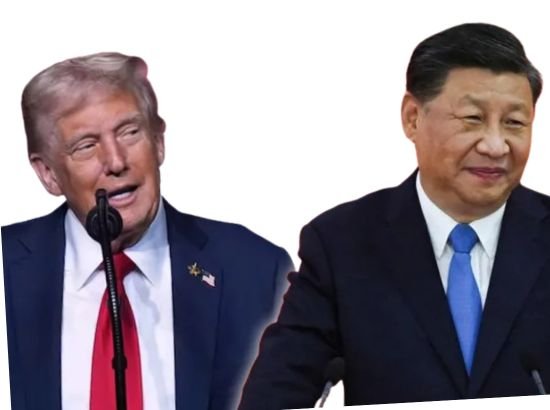
China has sharply criticized U.S. President Donald Trump’s announcement of 100% tariffs on Chinese imports, calling the move a blatant example of Washington’s double standards.
Beijing’s Ministry of Commerce released a statement on Sunday accusing the U.S. of hypocrisy and undermining global trade stability. “The American statement reflects a classic case of double standards,” said a ministry spokesperson without revealing their name. The comment followed Trump’s Friday declaration to impose 100% additional tariffs on all Chinese goods, a move analysts say will further escalate trade tensions between the world’s two largest economies.
In his remarks, President Trump said the decision was in response to China’s new export restrictions on rare earth minerals — critical components used in electric vehicles, smartphones, and defense equipment. The White House argued the step was necessary to protect U.S. interests and reduce dependence on Chinese supply chains.
Responding to the U.S. announcement, China’s Ministry of Commerce said:
“These actions have severely harmed China’s interests and weakened the atmosphere for economic and trade dialogue between the two sides. Threatening higher tariffs at every turn is not the right way to engage in discussions with China.”
The statement further accused Washington of hypocrisy, noting that while the U.S. advocates free trade globally, it continues to implement protectionist policies when convenient.
“America interprets international rules based on its own interests, then blames other countries when they follow the same principles,” the Chinese statement added.
This new wave of trade friction comes just weeks before Trump and Chinese President Xi Jinping are scheduled to meet at the Asia-Pacific Economic Cooperation (APEC) Summit.
Observers believe China’s sharp response signals that Beijing may be preparing retaliatory measures, which could disrupt global supply chains and shake international markets.
The escalating tariff war underscores the fragile state of U.S.-China economic relations, as both sides continue to weaponize trade policies amid growing geopolitical competition.